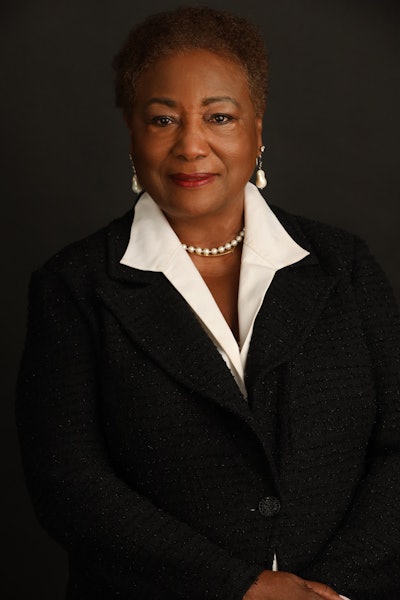The wide-ranging consequences of this pandemic are huge, and the world of fundraising is facing its share of challenges: shifting to virtual meetings with current and prospective donors, digital communications and virtual events.
If community colleges haven’t yet pivoted their fundraising plans and explored new virtual fundraising strategies, now is the time. With annual planning and budgeting season approaching, having a solid online fundraising and engagement strategy in place is more essential than ever.
 Dr. Christine Johnson McPhail
Dr. Christine Johnson McPhailDeclining enrollments and an emphasis on state funding tied to student outcomes are challenges community colleges face that will not go away. Community colleges are at a turning point: they can either continue to operate as usual or tap into private resources through fundraising, requiring leadership, action and results while increasing revenue streams. Before the COVID-19 crisis, traditional perspectives on fundraising strategies were, more times than not, focused on the president and office of institutional advancement. However, in today’s environment, community colleges must identify ways to diversify their fundraising strategies.
A 2020 study — “Eyewitness to Excellence: A Portraiture Study of one African American Female’s Fundraising Strategies in an Urban Community College” by Carolyn Carter, a doctoral student in the John E. Roueche Center for Community College Leadership at Kansas State University — identified key fundraising strategies for community colleges to reframe their fundraising approach. Carter used a qualitative research approach (portraiture) to explore the multidimensional aspects of fundraising. In the study, Carter asked Dr. Jerry Sue Thornton, president emeritus at Cuyahoga Community College, to reveal her perspectives on enhancing community college finances. Carter’s conversation with Thornton identified several strategies for fundraising success.
In her research, Carter argued that women leaders add to colleges’ diversity and make a significant difference in the marketplace. Thornton agreed, saying, “Those institutions that foster women’s engagement in fundraising efforts will gain in both leadership and a competitive edge compared to those who come late to the party.” Additionally, the remote environment provides opportunities for targeted engagement with donors.
Carter’s research offers several strategies that can enhance a framework for community college leaders’ fundraising efforts:
- Keep the mission and vision of the institution out-front and create an aggressive marketing and communication plan. Thornton advised that presidents understand they represent the face of the
 Dr. Carolyn Carter
Dr. Carolyn Carterinstitution and their leadership behaviors make a difference when interacting with stakeholders.
While researching, Carter learned that successful women leaders understand the need for a tireless devotion to change, curiosity and purpose. Thornton’s story is a testament to the resilience, fortitude and tremendous stamina it takes to lead with grace in an ever-changing landscape.
In today’s uncertain environment, community colleges must pivot and embrace bold leadership with a breadth of knowledge because effective leadership makes a difference in implementing effective fundraising strategies. Because of the numerous factors that must be considered before embarking on a thoughtful and planned pivot, we believe that the fundraising strategies identified by Thornton can be used as a catalyst to pivot fundraising for community colleges in this COVID-19 environment.
Dr. Christine Johnson McPhail is president of Saint Augustine’s University. Dr. Carolyn Carter serves as chief development officer of the Wayne County Community College District.
This article originally appeared in the March 4, 2021 edition of Diverse. Read it here.
















